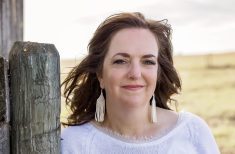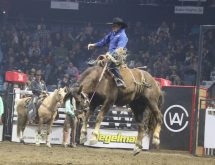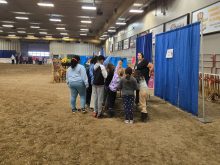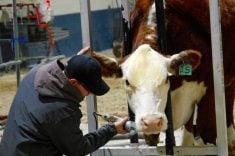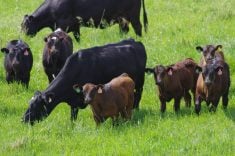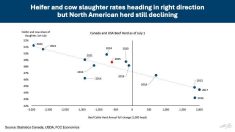Livestock suppliers in Brazil are producing more while using less land, as concerns mount about straining natural resources to produce food to feed a growing world population, Gilberto Tomazoni, global chief executive of the world’s largest meat packer JBS SA, said Oct. 16.
In remarks made during a panel discussion to mark World Food day, Tomazoni said meat production in Brazil tripled on a per-hectare basis between 1990 and 2019.
Last month, JBS launched a one-billion real fund to foster social and economic development in the Amazon, an initiative that the company says will help support local communities while also ensuring livestock production does not destroy the rainforest.
Read Also

KAP flags risky trade for Manitoba farmers
Tariffs, market access uncertainty, trade diversification and export infrastructure top the agenda at Keystone Agricultural Producers (KAP) annual meeting.
“We can guarantee 100 per cent of our direct suppliers do not deforest the Amazon,” he told the panel. He added the company plans to use block-chain technology and will invest in other projects that would allow it to monitor the remainder of the supply chain.
The JBS fund is part of a wider company initiative to fight deforestation and climate change, including monitoring indirect cattle suppliers.
By 2050, the world’s population is expected to reach 10 billion, Tomazoni said citing data from FAO, the Food and Agriculture Organization of the United Nations.
“Our challenge to feed the world will only become greater in the future,” Tomazoni said.



